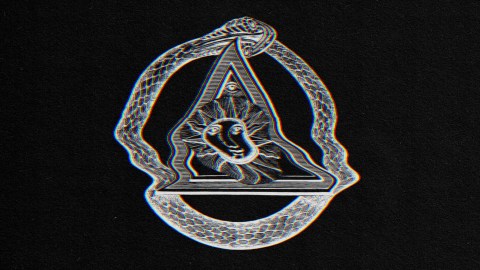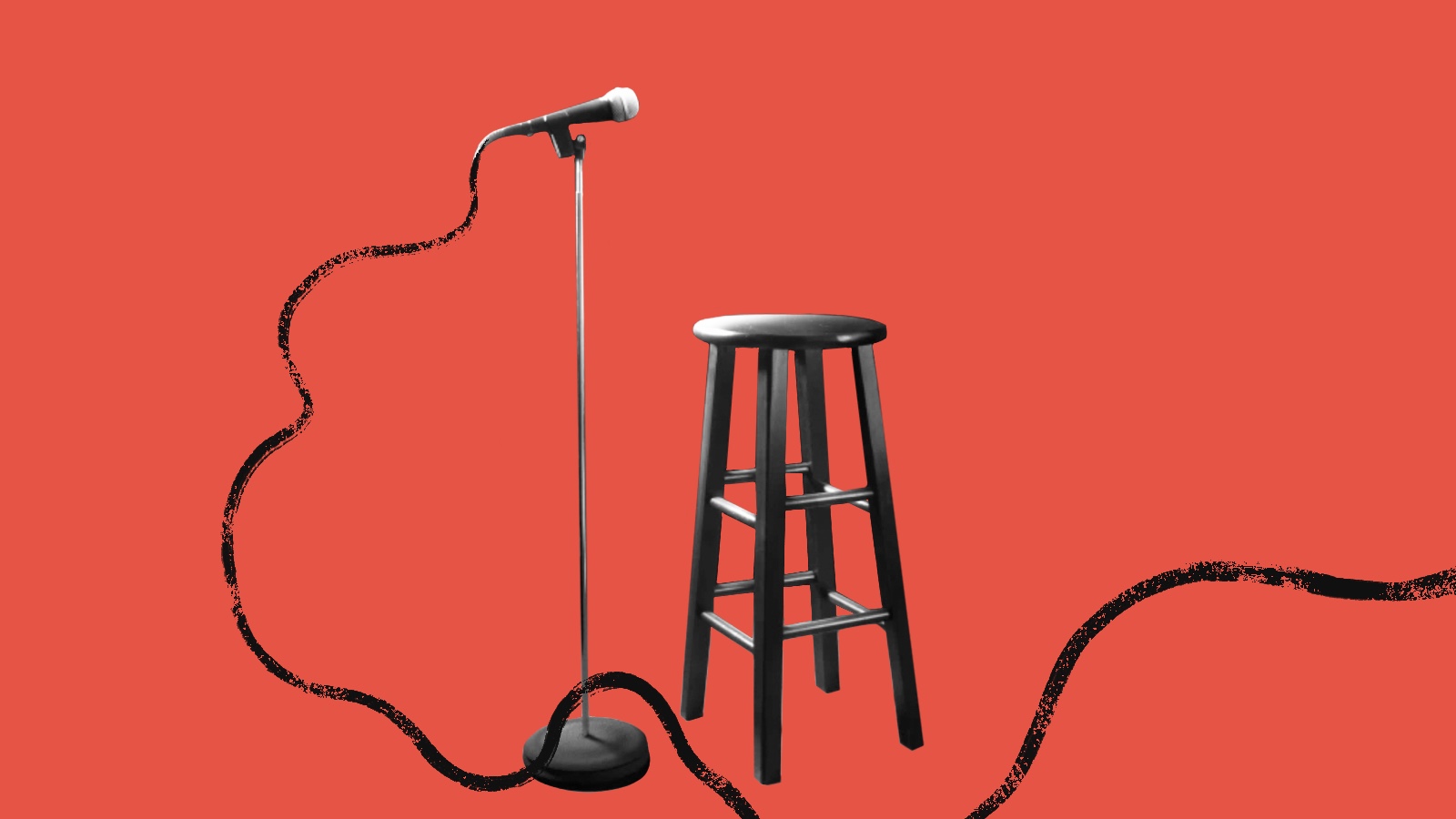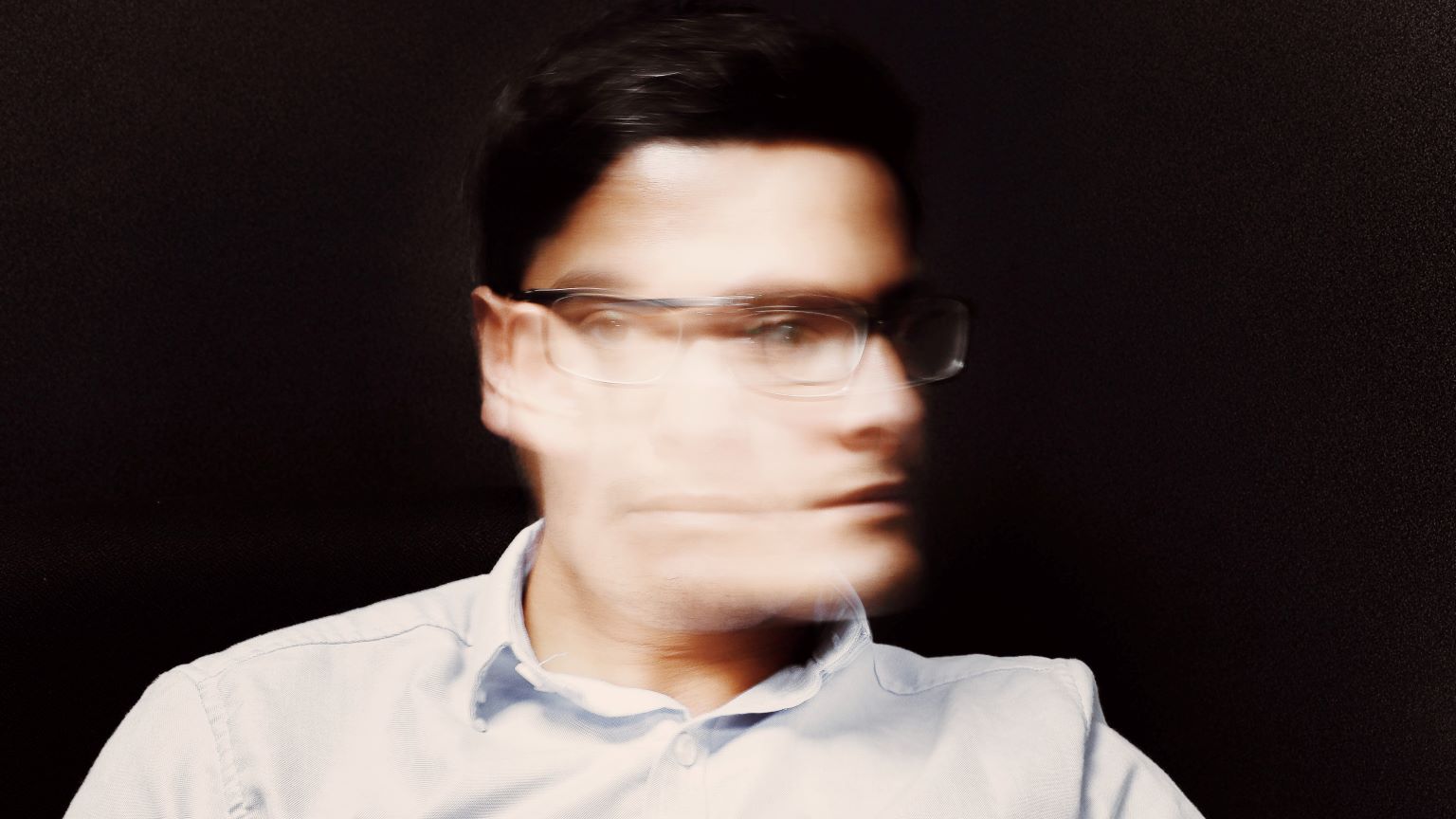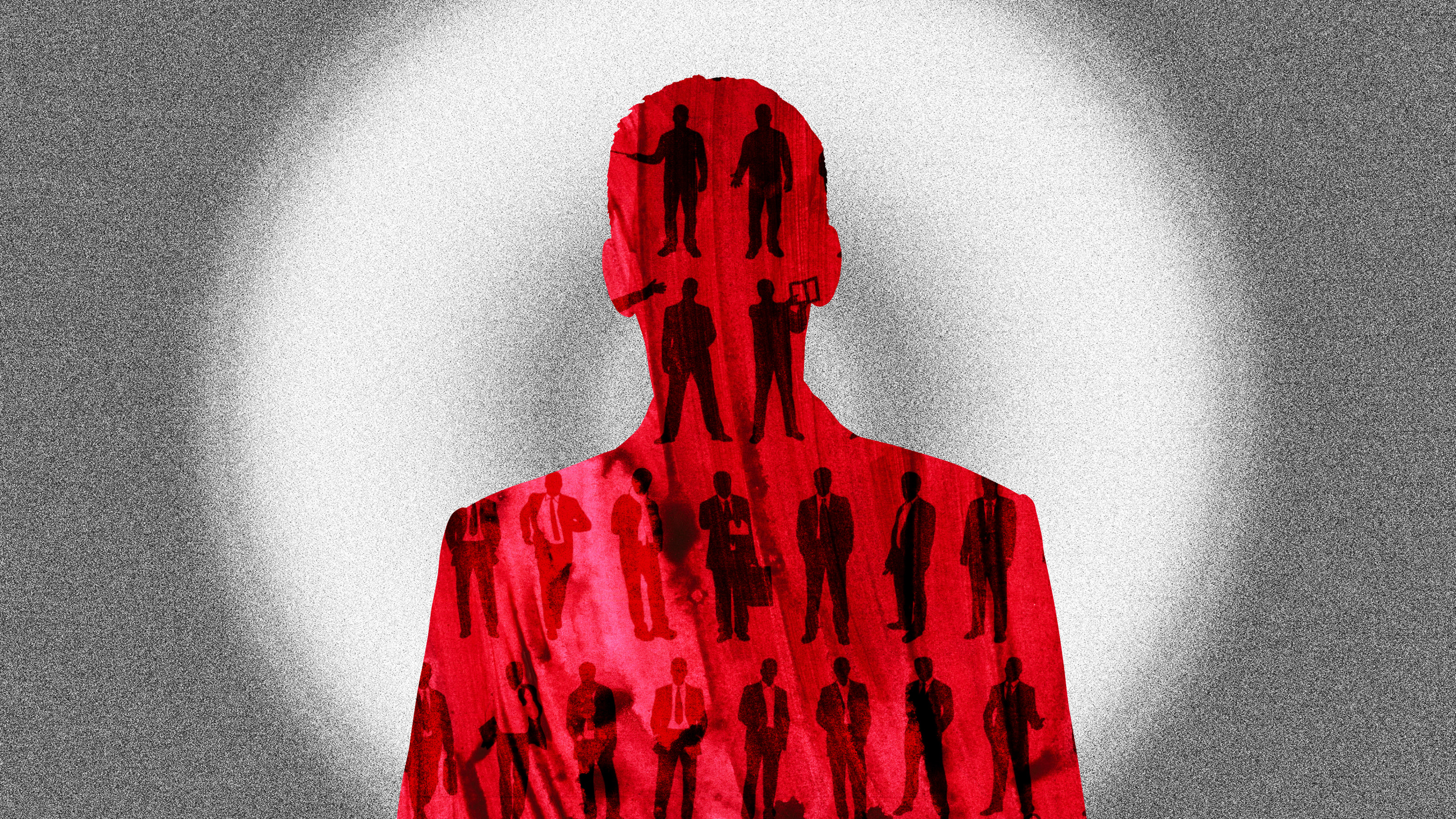Anti-natalism is the view that having children is immoral. Psychopaths tend to believe it

- Anti-natalism is the belief that having children is wrong. It is usually argued from the premise that human existence causes more suffering than good.
- According to a recent study, anti-natalism is strongly associated with Machiavellianism and psychopathy. Depression also plays a key role.
- It is unlikely though that this is a causal link but rather that these all spring from the same source: a disaffirmation of life.
In his book, The Restaurant at the End of the Universe, Douglas Adams opens with these lines:
“The story so far: In the beginning the Universe was created. This has made a lot of people very angry and been widely regarded as a bad move.”
It’s funny, it’s observant, and now it’s a philosophy. It’s called, anti-natalism. Anti-natalism is the position that argues that having children is, at best, to be avoided; at worst, it’s immoral. What’s odd, though, is that those who argue that having children is wrong — those who are anti-natalists — also score highly for psychopathy, narcissism, and Machiavellianism.
The argument from suffering
Anti-natalism is argued largely from a position that “being born” causes disproportionate and unjustifiable harm to the person being born. It’s most comprehensive formulation comes from the South African philosopher David Benatar.
For Benatar, life is pretty miserable. We put on a brave face and pretend everything’s alright, but actually, life is always worse than we think it is. Humans have a tendency toward optimism — that is, we try to find the good in the bad and focus on those fleeting moments of happiness in the great monsoon of misery that is our existence. Evolution has no room for the cloistered withdrawal of someone who sees only the struggles of life. Thus, we have families and reproduce because of a genetic propensity for optimism.
In reality, we muddle along and adapt to hard lives. We compare our hardships with others who have it worse. “Oh, it’s not so bad,” we say. But it is. The only reason we delude ourselves is to keep society moving. If everyone saw how awful their lives truly were, we would wilt in pessimistic ennui. We would never bother to do anything, let alone continue the species.
When we analyze things rationally, we can clearly the see the world as a place of harm, destined only to get worse. Therefore, bringing children into the world increases net suffering. This all leads Benatar to argue for anti-natalism. As he puts it, “Each one of us was harmed by being brought into existence. That harm is not negligible… Although it is obviously too late to prevent our own existence, it is not too late to prevent the existence of future possible people.”
The argument from environmental damage
The other common thread to anti-natalism is sometimes called the “misanthropic argument.” Misanthropic arguments focus mostly on the damage humans do to the environment and all other animals. Benatar makes the claim that humans cause huge harm to animals, not only in killing and eating them, but also in destroying their natural habitat. Benatar claims that, conservatively, an average meat-eater will consume 1,690 animals in their lifetime and the “deaths of the overwhelming majority of these animals are painful and stressful.”
What’s more, humans are irrevocably damaging not just animals, but the environment more broadly. Benatar claims that humans are destroying rainforests and emitting carbon dioxide to exacerbate global warming. He argues, “Humans are encroaching on the wild, leading to animal (and plant) extinctions.” In short, humans are bad news. We not only hurt ourselves and each other; we hurt the entire planet and everything in it. It would be much better for everyone if we weren’t around.
The kinds of anti-natalists
While it’s true that anti-natalism is a fringe position — both in the general population and in philosophy departments — it’s on the rise. And, as with any new social phenomenon, an increasing body of demographic and psychological research is being done to address the question, “What kind of people become anti-natalist?”
We have an answer. According to one study from 2020, “Dark triad personality traits of Machiavellianism and psychopathy are strongly associated with anti-natalist views.” In other words, there is a correlation between those who have “dark triad” traits and those who believe having children is immoral.
What’s more, it was found that depression played an important role in anti-natalism. As the paper’s author, Philipp Schönegger, puts it, “Depression fits into this picture by drawing on depressive individuals’ devaluation of life and bleak outlook on the future.” Those who are more negative about human life — those who see the suffering, the misery, and the damage — will, understandably, be less inclined to continue the human species.
Is anti-natalism irrational?
There’s a deeper question at play here. It’s about the extent to which we can validate or critique a position based on the mental health or personality traits of the majority of its believers. In this case, for example, it’s quite likely that there is no causal connection between anti-natalism and dark triad personality traits, but rather that both spring from the same source. Depression, psychopathy, Machiavellianism, and anti-natalism might all, equally, stem from a disaffirmation of life (something Schönegger himself admits).
Ultimately, your views on anti-natalism will come down to how you view life more generally. If you see a human life as a sad, miserable, and hellish trial then yes, it’s rational to not inflict that on any more people. But, if you see love, kindness, and joy, you might think there’s good to be had.





